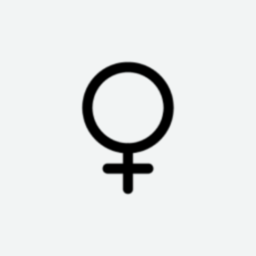There’s a lot of cultural shame and stigma attached to menstruating individuals. The stigma that shrouds periods further prevents individuals from talking about them.
Period poverty is the lack of access to sanitary products, menstrual hygiene education, toilets, handwashing facilities, or waste management.
Women living in poverty are extremely vulnerable. Also, living in conflict-affected areas or in the aftermath of natural disasters makes it difficult for women and girls to manage their periods.
Menstrual equity entails providing people all over the world with sanitary products, proper toilets, handwashing facilities, sanitation and hygiene education, and waste management.
Poor menstrual hygiene can cause physical health risks and has been linked to reproductive and urinary tract infections. Period shame has negative mental effects as well. It disempowers women, causing them to feel embarrassed about a normal biological process.
Many women without access to menstrual products improvise with old blankets, old rags, newspapers, mud, and even cow dung. Shame also prevents people from talking about menstrual issues, including access to pads.
Shame also prevents people from talking about menstrual issues, including access to pads. Providing facilities that enable menstruating people to care for themselves during menstruation ensures access to water, sanitation, and waste services, which is the need of the hour.
